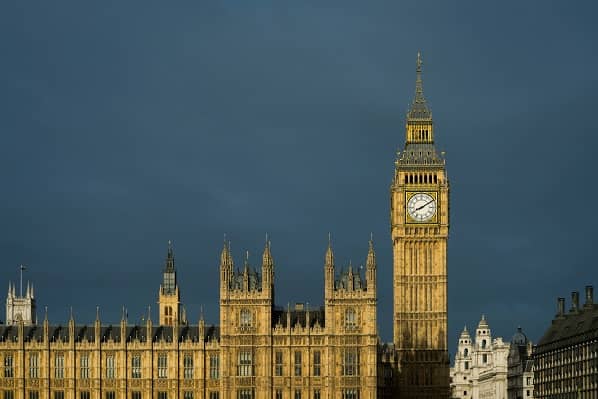Chancellor of the Exchequer Rachel Reeves has been warned to think again about increasing taxes on gambling. Industry insiders claim that moves to increase betting duty could see more and more people move to offshore gambling sites. The government’s options are either to standardise gambling duty, with betting shops having to pay a 21 per cent tax, up from 15 per cent, to match online gaming and slot machines’ rates. Alternatively, there could be an overall series of rises in a bid to deter people from gambling, with shops paying up to 25 per cent and websites and slots as much as 50 per cent. The proposals could come into effect following November’s budget.
Here are some of the ways in which the government putting up taxes could damage the gambling sector and what could happen to mitigate against it.
A move offshore
Analysis by CasinoBeats suggests that offshore casino gambling has its advantages. The site’s Wilna van Wyk argues that foreign sites can offer British gamblers more games, a wider variety of payment options, and larger payouts. She also points out that, while the sites do not have a UK license, they are regulated by various international gambling authorities. This could prove to be a problem for British gambling sites, though.
With the industry facing tax rises, this could lead to a drop in winnings, which could, in turn, send players overseas. A recent study found that 70 per cent of the European Union’s gambling spend goes on sites which are not licensed by continental authorities. While the figures for how much of the UK’s gambling goes overseas are not available, it seems reasonable to assume that the figures are not too dissimilar. So, British gambling sites will have to work out ways they can keep British customers. One potential option might be to reduce profit margins and allow for larger jackpots. However, that won’t be popular with the company’s shareholders.
Horse racing could suffer
The sport that looks set to take the biggest hit from any potential tax rises is horse racing. The sport has, for a long time, been the beneficiary of legislation. In the early 1960s, when off-course bookmaking became legal, part of the deal involved the creation of the Levy Board, which manages a certain amount of betting companies’ profits and passes them on to the horse racing industry. At present, the levy means that bookmakers, both inside and outside the UK, who make a profit of more than £500,000 on British horse racing have to pay a 10 per cent cut, which goes to racing itself.
According to a parliamentary report, the levy contributed £100m to the sport in the 2022/23 financial year. Of that money, around 90 per cent would have gone to “the improvement of horseracing”, usually in the form of prize money, but sometimes on things such as regulation, training and education, and loans to racecourses to improve their facilities. The world of British horse racing has come out swinging, with the British Horseracing Authority announcing no racing would take place on September 10 as a protest. It remains to be seen whether or not racing’s voice will be heard. If not, sponsorship deals that help attract talent to British racecourses could be in jeopardy.
Return of the Reckoner?
One potential change to the way gambling is taxed could lead to something old becoming new again. Between the legalisation of off-course betting and 2001, bettors had to pay a 6.75 per cent tax on their bets. They had the option of paying when they placed their bet or paying tax on their winnings. This was changed in 2001 and saw, among other things, a return to British shores by a number of big bookmaking companies who had moved overseas, despite betting businesses being liable to tax, and an increase in revenues from betting overall, with the value of bets in the UK growing from £27 billion to £53 billion, according to a report from David Hencke in the Guardian.
It is possible that, should taxes go up, some bookmakers might charge a premium for bets, especially in shops, in an attempt to make up the shortfall. On the other hand, though, it is always possible that, if that happens, people just won’t bet, or take their custom overseas. If that happens, then any expected windfall from the rises could be much less than expected. This, in turn, would mean that plans to repeal the two-child benefit cap could be in trouble.
Please play responsibly. For more information and advice visit https://www.begambleaware.org
Content is not intended for an audience under 18 years of age
Get real time update about this post category directly on your device, subscribe now.

